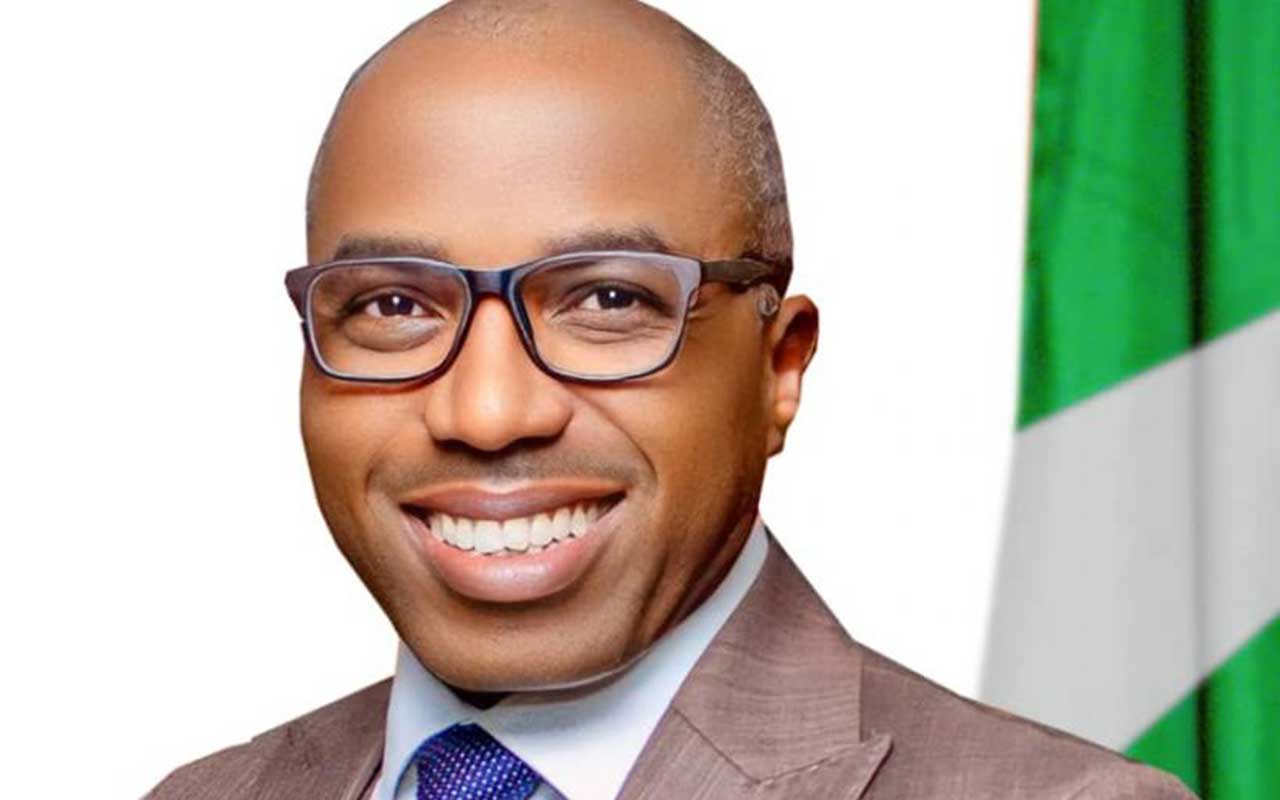
The Federal Government has explained that the absence of a robust monitoring and evaluation (M&E) framework results in inefficiencies, duplication of effort and missed opportunities for impactful development.
The Permanent Secretary of the Federal Ministry of Budget and Economic Planning, Dr Emeka Vitalis Obi, disclosed this yesterday at a stakeholders’ engagement to revise the M&E policy framework in alignment with the ‘Renewed Hope Agenda’ of the current administration.
The Federal Executive Council (FEC) approved the National Monitoring and Evaluation Policy in August 2022, while a national dialogue on the policy was held in 2023 to discuss its operationalisation across all levels of government.
The permanent secretary said: “It has become important to review and critically examine the policy to ensure its alignment with the President’s ‘Renewed Hope Agenda’ and bring up best modalities to ensure buy-in and compliance for seamless operationalisation of the policy across ministries, department and agencies (MDAs).
“Let me reiterate that operationalising the National M&E Policy is critical to achieving an effective integrated M&E system across MDAs. This review will strengthen governance and reduce inter-agency rivalry and misunderstandings on roles and responsibilities.”
Obi explained that the event marks “a pivotal moment in our nation’s commitment to data-driven policymaking”.
“In an era where resources are increasingly constrained, impactful programs and projects can still be achieved through robust M&E systems which the policy stands for.
“The policy is not just a document but a tool for National Development. It is a framework for ensuring that every Naira spent delivers maximum value and translates into measurable improvements in the lives of Nigerians.
“At this time when Nigeria is grappling with complex developmental challenges ranging from poverty reduction and job creation to achieving the Sustainable Development Goals (SDGs), the policy will ensure that our development efforts are targeted, effective and sustainable. It is essential that, as policymakers, we should be committed to good governance, fiscal discipline, and impactful service delivery,” he said.
He noted that the success of the policy depends on the active involvement and implementation of all stakeholders’ roles and responsibilities, adding that to achieve meaningful progress in service delivery “we must remain focused on effectively implementing this policy, ensuring that the principles outlined in the document translate”.
He, therefore, enjoined all the stakeholders to recognise the importance of monitoring and evaluation for good governance and national development and to embrace the operationalisation of the policy as a collective responsibility to ensure that every federal, state or local government initiative is monitored, evaluated and improved for maximum impact.






